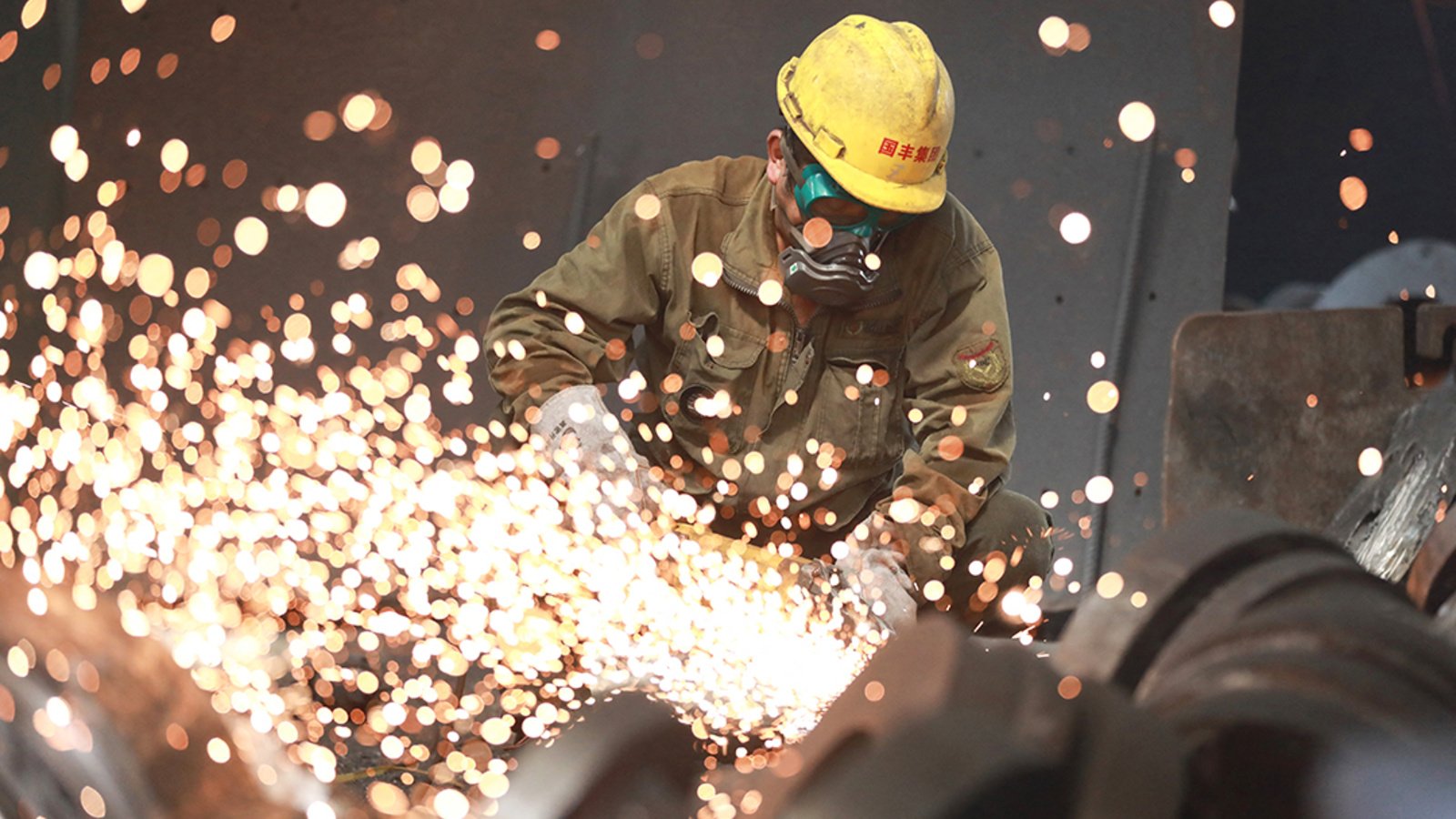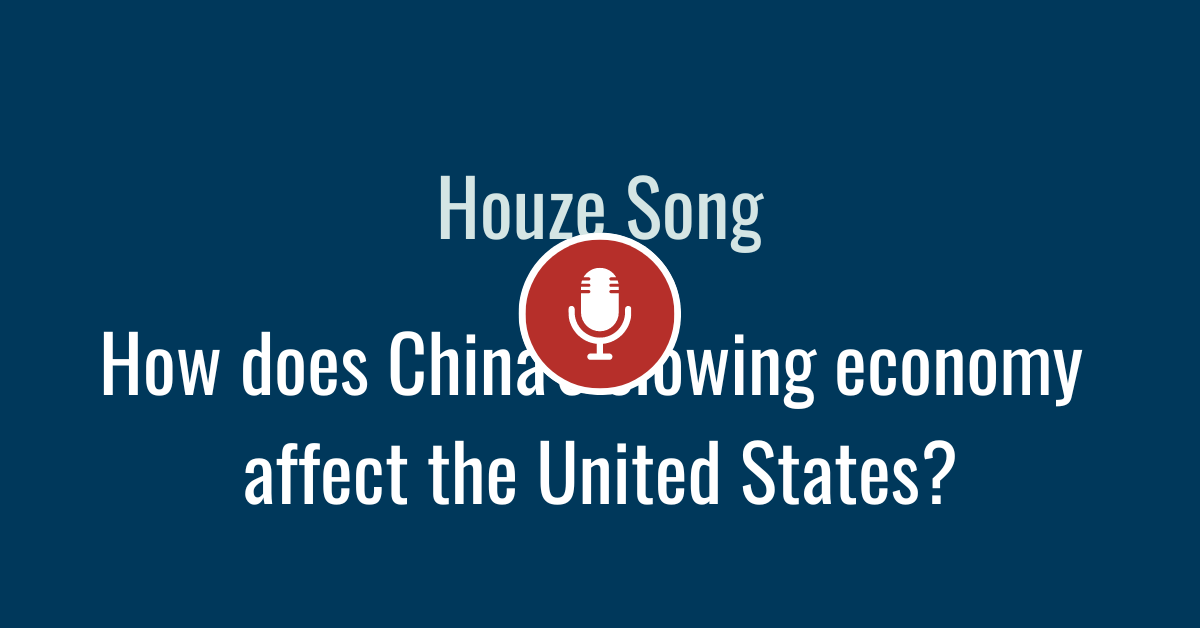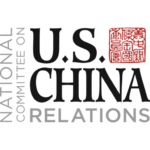- Joined
- Jul 17, 2020
- Messages
- 35,221
- Reaction score
- 15,260
- Location
- Springfield MO
- Gender
- Male
- Political Leaning
- Liberal
Huge military build-up by China, but their economy is showing signs of trouble.
“China’s economy is faltering. Fifty years ago, China’s economy was, as Jim put it, “an economic afterthought.” Now, it’s the world’s largest or second-largest economy depending on the measure you prefer. But its breathtaking growth has finally come back down to earth. China is now experiencing an economic slowdown and its problems are multiplying. Zoe said it’s “too early to say” whether China is facing a short-term lull or long-term stagnation. Whichever is the case, as Jim pointed out, the Chinese economy has “fallen farther and faster than Chinese planners...and many Western experts predicted.”
China’s economic challenges go well beyond a slowing overall growth rate. Youth unemployment is at an all-time high, so much so that Chinese President Xi Jinping is telling Chinese youth that they should learn “to eat bitterness.” The real estate sector is drowning in debt. Deflation looks to be taking hold. Perhaps most troubling, China’s demographics are alarming. Its birthrate has plummeted, and the population is aging rapidly. An older population doesn’t inherently mean that a country will enter a downward economic spiral. However, China’s pensions system is “buckling under an aging population,” creating yet another challenge for Beijing to address.
A major Chinese real estate developer missed bond payments. The Chinese government has stopped reporting its youth unemployment rate after it hit a high of 21.3 percent in June. Stocks around the world are also feeling economic pressure. Hong Kong’s Hang Seng Index fell more than 20 percent last Friday. “

 www.cfr.org
www.cfr.org
“China’s economy is faltering. Fifty years ago, China’s economy was, as Jim put it, “an economic afterthought.” Now, it’s the world’s largest or second-largest economy depending on the measure you prefer. But its breathtaking growth has finally come back down to earth. China is now experiencing an economic slowdown and its problems are multiplying. Zoe said it’s “too early to say” whether China is facing a short-term lull or long-term stagnation. Whichever is the case, as Jim pointed out, the Chinese economy has “fallen farther and faster than Chinese planners...and many Western experts predicted.”
China’s economic challenges go well beyond a slowing overall growth rate. Youth unemployment is at an all-time high, so much so that Chinese President Xi Jinping is telling Chinese youth that they should learn “to eat bitterness.” The real estate sector is drowning in debt. Deflation looks to be taking hold. Perhaps most troubling, China’s demographics are alarming. Its birthrate has plummeted, and the population is aging rapidly. An older population doesn’t inherently mean that a country will enter a downward economic spiral. However, China’s pensions system is “buckling under an aging population,” creating yet another challenge for Beijing to address.
A major Chinese real estate developer missed bond payments. The Chinese government has stopped reporting its youth unemployment rate after it hit a high of 21.3 percent in June. Stocks around the world are also feeling economic pressure. Hong Kong’s Hang Seng Index fell more than 20 percent last Friday. “

The President’s Inbox Recap: China’s Economic Downturn
Chinese economic growth has slowed dramatically as the country’s economic woes multiply.





